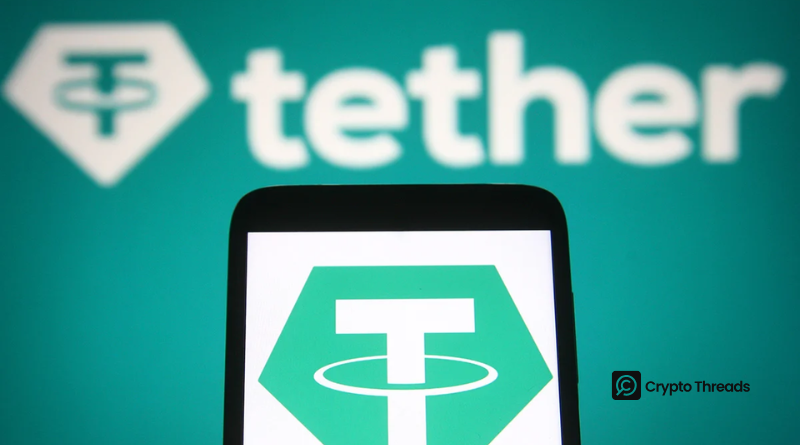Tether Rejects Reports of $500M Uruguay Mining Exit, Confirms Ongoing Talks
Tether denies claims it abandoned its Uruguay crypto-mining project amid a $4.8 million power-bill dispute, saying it remains committed to the region while local partners negotiate with the government.
- Company says reports “do not accurately reflect the situation,” and it’s evaluating next steps in Uruguay and LATAM.
- The local mining operator is in discussions with the Uruguayan government to resolve the dispute.
- Uruguay’s electricity ranges $60–$180 per MWh, far above Paraguay’s ~$22, challenging energy-intensive mining.
- Vici Mining left Uruguay for Paraguay in 2018 over similar cost concerns.
- Tether’s USDT adoption grows in Latin America; major brands in Bolivia now accept it, and MoneyGram adds USDT savings in Colombia.
Tether has denied reports from Uruguayan media that it is abandoning a planned $500 million cryptocurrency mining investment in the country. Local outlets Telemundo and Busqueda claimed the company’s operations were halted after state utility UTE disconnected power over an unpaid $2 million May electricity bill and an additional $2.8 million in other debts.
In a statement to Cointelegraph, Tether countered that narrative: “While reports have speculated an exit from the region, these do not accurately reflect the situation. We continue to evaluate the best way forward in Uruguay and the region more broadly.” The company confirmed that its local mining partner is negotiating with government officials to resolve what it called “outstanding friction.”
Uruguay’s high energy costs—between $60 and $180 per megawatt hour—pose a significant hurdle for crypto miners, especially compared with neighboring Paraguay, where abundant hydroelectric power costs about $22 per MWh. Industry veterans note that power expenses can represent up to 80 % of a mining operation’s costs.
Tether announced its Uruguay mining ambitions in late 2023 and is reportedly seeking reduced electricity rates for a new facility. While the company remains quiet on specific negotiations, it emphasized a “long-term commitment to sustainable opportunities in the region.”
The situation highlights the broader challenge of hosting energy-intensive industries in Uruguay, as seen when Vici Mining relocated to Paraguay in 2018 for cheaper electricity.
Meanwhile, Tether’s stablecoin USDT continues to gain traction across Latin America. Toyota, Yamaha, and BYD recently began accepting USDT payments in Bolivia, and MoneyGram’s crypto app now lets Colombians save in dollar-pegged stablecoins as local currencies weaken.
Final Thought
Despite local headlines of a pullout, Tether signals it isn’t abandoning Uruguay. The outcome of its government negotiations—and Uruguay’s ability to offer competitive energy rates—will determine whether its $500 million mining plans move forward.



